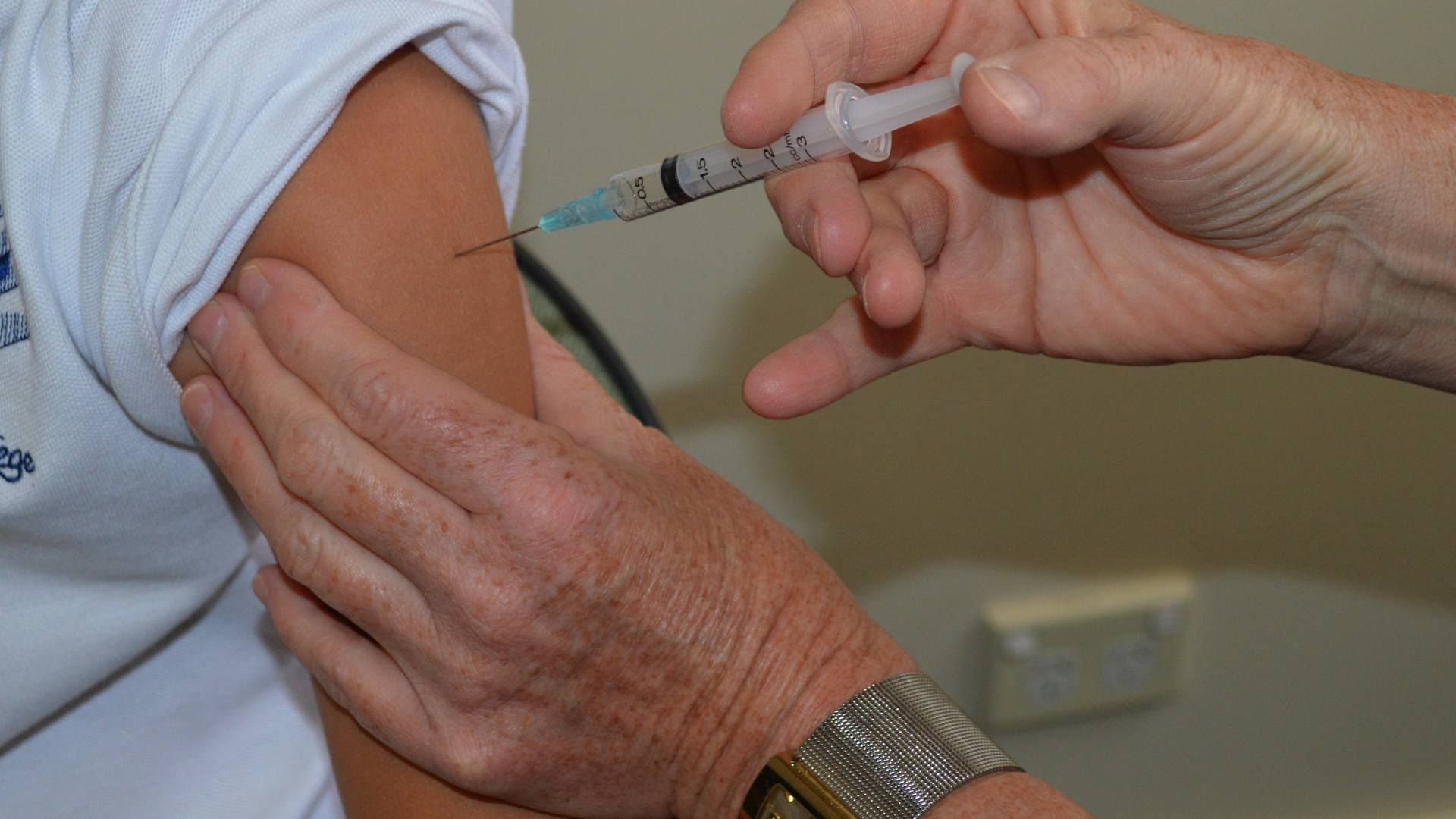Council is responsible for a number of public health programs throughout the city including the immunisation program and food surveillance.
Council responds to complaints relating to food quality and hygiene issues, including premises standards, contaminated food and poor food handling. Random food sampling is conducted on an on-going basis to ensure that a high standard is maintained.
Head Lice
Head lice can move from head to head without discrimination and are particularly prevalent in children attending day care, kindergarten and school. People get head lice from direct hair to hair contact with another person who has head lice. Head lice do not have wings and therefore cannot fly or jump.
Head lice only survive on humans and if isolated they die very quickly, usually within 24 hours. It is not necessary to treat the whole family unless they also have head lice. Only the pillowcases require specific laundering either in hot water (at least 60oC) or heated using a clothes dryer on the hot setting.
In accordance with the Public Health and Wellbeing Regulations 2009 children with head lice can be readmitted to school or children’s service centres after treatment has commenced.
A range of suitable treatments are available from chemists and supermarkets. If you have a case of head lice in your family it is recommended that you advise others that you have been in contact with (eg. Schools, kindergartens and day-care centres)
For further information relating to head lice and treatment please refer to the Department of Human Services website.
Mosquito Borne Diseases
Beat the Bite!
Protect yourself and your family from mosquito-borne diseases.
We love getting outdoors while the weather is warm. The problem is so do the mozzies. They’re not just annoying; some mosquitoes can transmit serious diseases. There are simple ways you can Beat the bite! and protect yourself and your family.
Mosquito-borne diseases – the facts!
- Not all mosquitoes carry diseases. Most mosquitoes are just a nuisance.
- You can only catch mosquito-borne diseases from the bite of an infected mosquito. You cannot catch them from an infected person or animal.
- The best protection from mosquito-borne diseases is to avoid mosquito bites.
- Mosquito-borne diseases typically occur around inland waterways and coastal regions.
- Mosquitoes need water to breed. Heavy rains and flooding can bring more mosquitoes.
Mosquito-borne diseases in Victoria
Ross River Virus and Barmah Forest Virus disease
The symptoms for Ross River Virus and Barmah Forest Virus diseases are similar. Both can cause joint swelling and pain, fatigue and muscle aches. Many people also develop a rash and some may also experience a fever. Everyone recovers, although some people can have symptoms on and off for a year or more.
Murray Valley Encephalitis Virus disease
Murray Valley Encephalitis Virus (MVEV) disease is rare but can be very serious. As with other forms of encephalitis (brain infection), it can cause swelling of the brain, which can lead to brain damage or death.
Most people who get the virus show no symptoms at all. For those that do, it can take around seven to 28 days between getting bitten and becoming sick. Symptoms include high fever, severe headache, seizure (especially in young children), neck stiffness, drowsiness and confusion. In severe cases, delirium and coma can follow.
For more information download the Beat the Bite! brochure, visit www.betterhealth.vic.gov.au or contact Council on (03) 5559 4800.
Needle and Syringe Disposal
The following agencies operate needle and syringe programs (NSP) for the general public. Sharps containers and sterile injecting equipment are provided free of charge by all services. Please be advised that services will only accept used equipment in approved safe disposal containers. NSP services are confidential and anonymous.
Western Region Alcohol & Drug Centre (WRAD)
172 Merri Street
Warrnambool 3280
Ph 1300 009 723
Hours: Monday to Friday 9am – 5pm; closed Public Holidays.
Brophy Family & Youth Services
210 Timor Street
Warrnambool 3280
Ph (03) 5561 8888
Hours: Monday to Friday 9am to 5pm; closed Public Holidays.
Warrnambool Community Health Centre
279 Koroit Street (corner Koroit & Ryot streets)
Warrnambool 3280
Ph (03) 5563 4000
Hours: Monday to Friday 9am – 5pm; closed Public Holidays.
South West Healthcare - Warrnambool Campus - Emergency Department
Ryot Street
Warrnambool
Ph (03) 5563 1666
Available via Emergency Department after hours and at weekends.
Fixed sharp safe containers are also available for individual syringe disposal at most public toilet facilities.
Council will only accept/or supply sharp safe containers to businesses that are registered through the Council eg. hairdressers, tattooists and skin penetration businesses.
